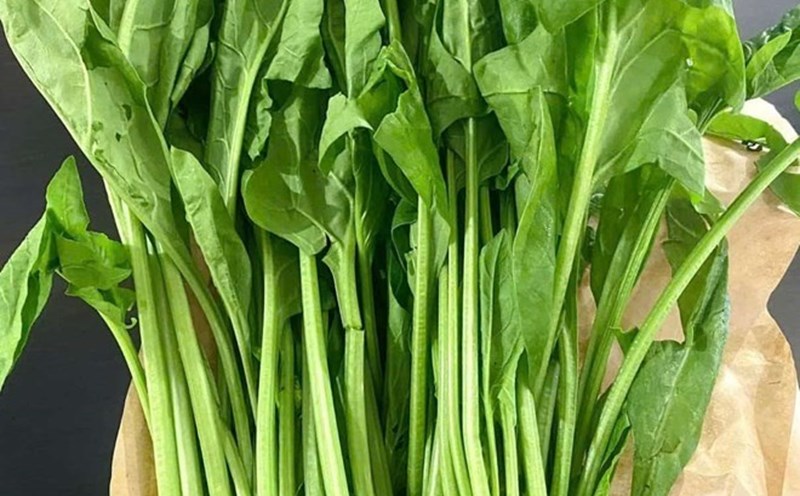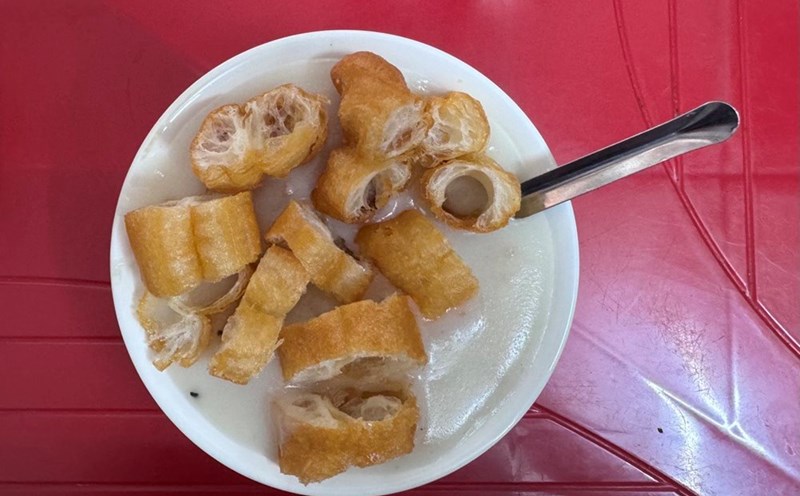The process of pickling pickles often uses a lot of salt to create flavor and help ferment vegetables. According to the American Neurological Federation (NKF), a diet high in sodium increases blood pressure and causes the kidneys to work overtime to filter out excess salt from the body.
For healthy people, this habit has potential risks; for patients with weak kidneys, it can speed up the process of impaired kidney function.
Dr. Sharon Moe, Director of the Indiana University kidney Health Center (USA), said that a diet high in salt can cause water retention, edema and increase filter pressure in the kidneys.
This is the reason why chronic kidney patients are often recommended to completely reduce salt, even sour salt dishes that are considered traditional.
pickles are made by lactic fermentation. However, if the melon salt is not properly, melon may contain high levels of nitrites.
nitrates when entering the body will be converted into nitrosamine, a substance classified by the World Health Organization (WHO) as having the ability to cause cancer.
For people with weak kidneys, the ability to filter and eliminate toxins is less than normal, so nitrates accumulate easily, causing damage to the liver and kidneys.
The high acidity in pickled cucumbers can also increase blood acid (metabolism), a common complication in patients with chronic kidney failure.
Another problem with eating pickles is that high sodium intake will go hand in hand with the risk of high blood pressure. People with kidney disease are already at high risk of cardiovascular disease, if they regularly eat pickles, this risk will increase.
A study published in the Journal of the American Society of Nephrology shows that cutting sodium in the diet helps slow the progression of kidney failure and reduce the rate of cardiovascular complications in patients.
Instead of pickles, nutritionists recommend that kidney patients supplement fresh, boiled or steamed vegetables to ensure fiber and vitamins without burdening the kidneys.
Vegetables such as broccoli, squash, carrots, or low-salt vegetable salads may be safer options.











